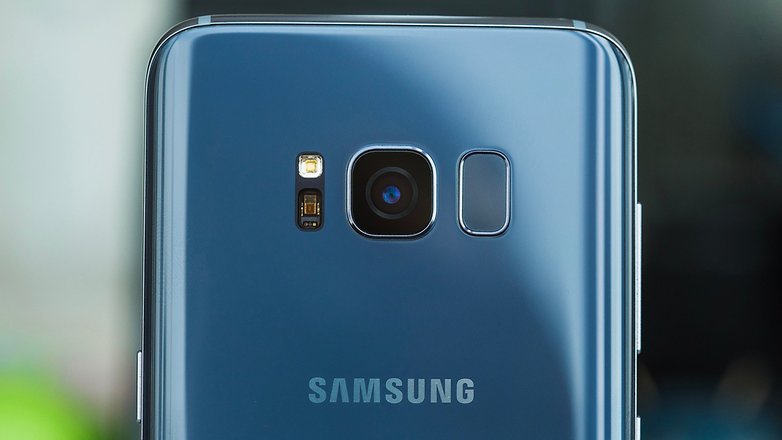By Philippe Cousteau
Problem solving. From games and mystery novels to space exploration and medical science, problem solving is something we humans do, and in many cases we do it very well. When it comes to the problems facing our environment, however, there seems to be a glitch in this fundamental human skill set. While some progress is being made, we often can’t seem to move past the seemingly endless barriers, real or perceived, to solutions and actions that will result in a healthier environment for all of us who call this planet home.
We are stuck in a seemingly endless cycle of trying the same approaches. As the impacts of climate change, pollution and
degraded natural resources become more evident with every passing year, the stakes of continued inaction couldn’t be higher; we can’t afford to be stuck.
Fortunately for all of us, young people have a different view. They are the creative thinkers of today, and with the right
support and tools they will soon become the innovators and environmental problem solvers who break through this inertia and inaction.
My grandfather Jacques Cousteau and my father Philippe are best known as ocean explorers, filmmakers and advocates for ocean conservation. But I’ll let you in on a
little secret: What really drove them was tackling challenges, finding solutions and innovating. These are among the
reasons my grandfather co-created the aqualung (or what we now know as scuba equipment) and what led to many
innovations in underwater cameras as he and my father sought to document our oceans and share them with the world. My father died in a plane crash before I was born; however, my mother’s stories of him along with the time I spent with my grandfather left an indelible impression of the power that curiosity and problem-solving can have on a young mind.
Full disclosure, I co-founded and run an environmental education and youth
leadership nonprofit called EarthEcho International. While some may think that makes me biased on the subjects of
youth and environment, I would argue it just makes me well-informed. You see, when we first started EarthEcho
more than 10 years ago, we — like many other environmental organizations
— thought awareness was the key. We soon discovered that young people possess a curiosity and drive that requires more than simple awareness — they want to
take action, they want to have an impact.
And that’s where the rest of us come in.
As environmental advocates, educators, community and corporate leaders and
citizens, there are three things we can do to help young learners and leaders have a
profound impact on the environment and the future: engage, empower and activate.
Engaging our up-and-coming environmental champions means connecting the dots in a relevant way.
Food and water are great examples of
the everyday connective tissue that make our natural resources an important part of our daily lives. When a group of youth from an agricultural community in Pennsylvania understood the long-term impact of dairy cattle waste on creeks and streams, they worked with community leaders to plant riparian barriers to improve the health of their local waterways. Understanding that everyday connection is far more powerful than plush polar bears or graphs about climate change.
Empowering today’s environmentally minded youth means providing resources that work on their terms. At EarthEcho,
technology has made it possible to help educators reach kids where they live and learn. Virtual field trips take dozens
of students on learning adventures and connect them to their peers in different states and countries to share ideas and experiences. Video-rich digital platforms enable us to create lesson plans based on documentary-style series, highlight young environmental leaders taking action and
profile STEM careers with scientists in the field.
And finally, activating. For EarthEcho, this means removing the myth that you need to travel to environmental hotspots to make a difference. It means helping our young problem solvers understand that taking action in their own communities really is the best place to start. This month we
launched the EarthEcho World Water Monitoring challenge with partners such as Xylem, who share our vision of building a new generation of problem solvers. From now through the end of the year, thousands of students, families and community members from 120 countries will monitor
their local water bodies, share their findings and work to protect our most precious resource. Action doesn’t have to
be complicated, it just needs to happen.
Everyday, I’m inspired by the passion, commitment and can - do attitude of the students and young visionaries we work
with at EarthEcho. They give me hope; where the rest of the world sees roadblocks, they see potential. With a little help from the rest of us, I’m confident they will succeed in creating a better, healthier world.
-----------
About the author
Philippe Cousteau has established himself as a prominent leader in the environmental
movement. An award-winning television host, producer, author, speaker, philanthropist and social entrepreneur
Philippe is the son of Philippe Cousteau Sr. and grandson of Jacques Cousteau. His life-mission is to empower people to
recognize their ability to change the world.



No comments:
Post a Comment